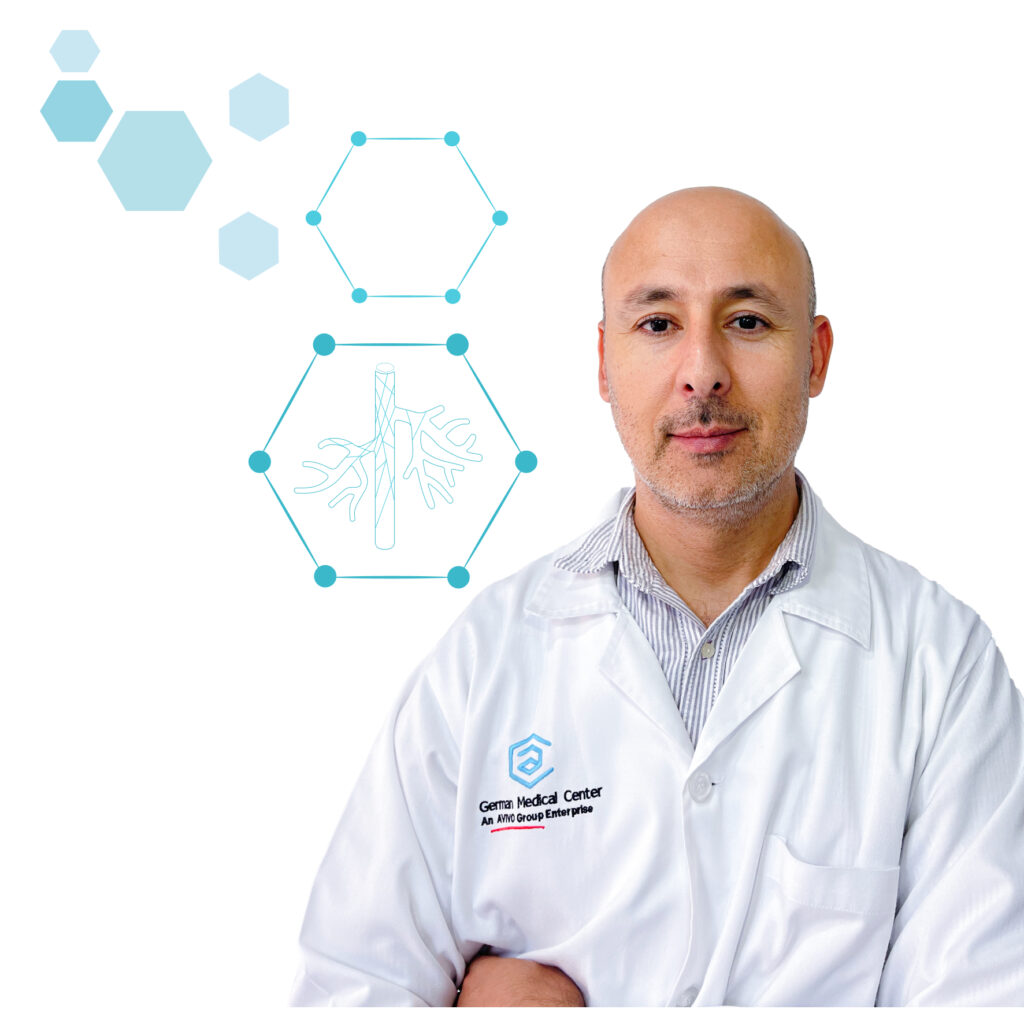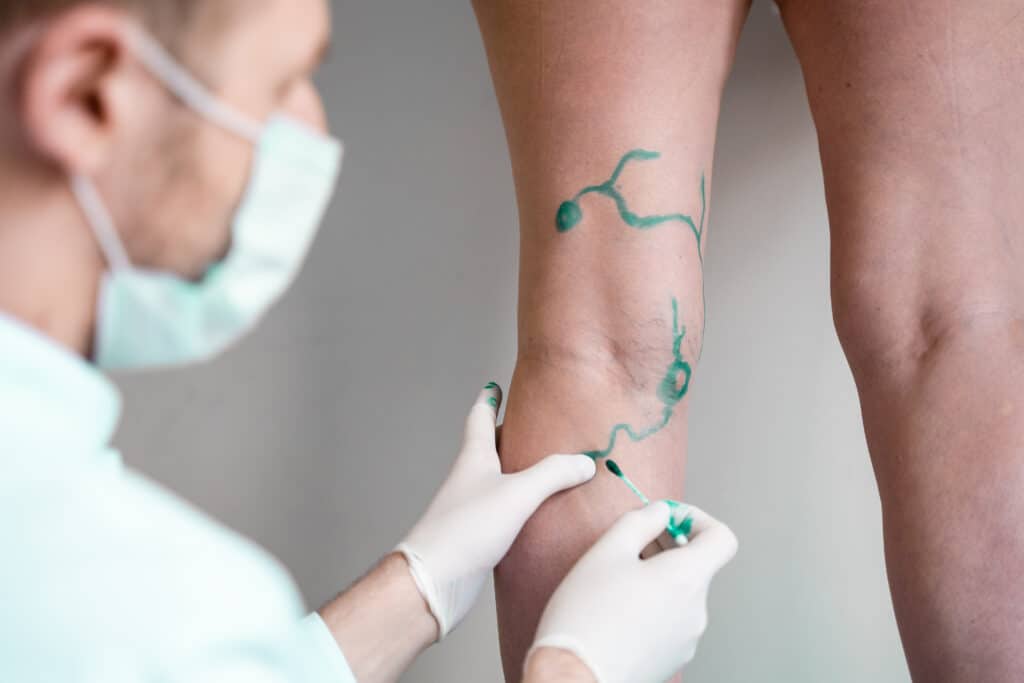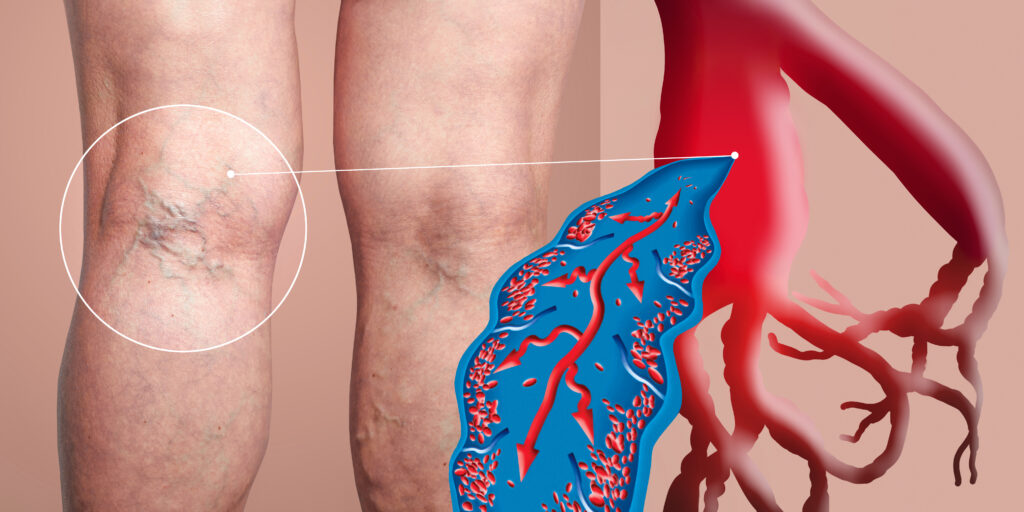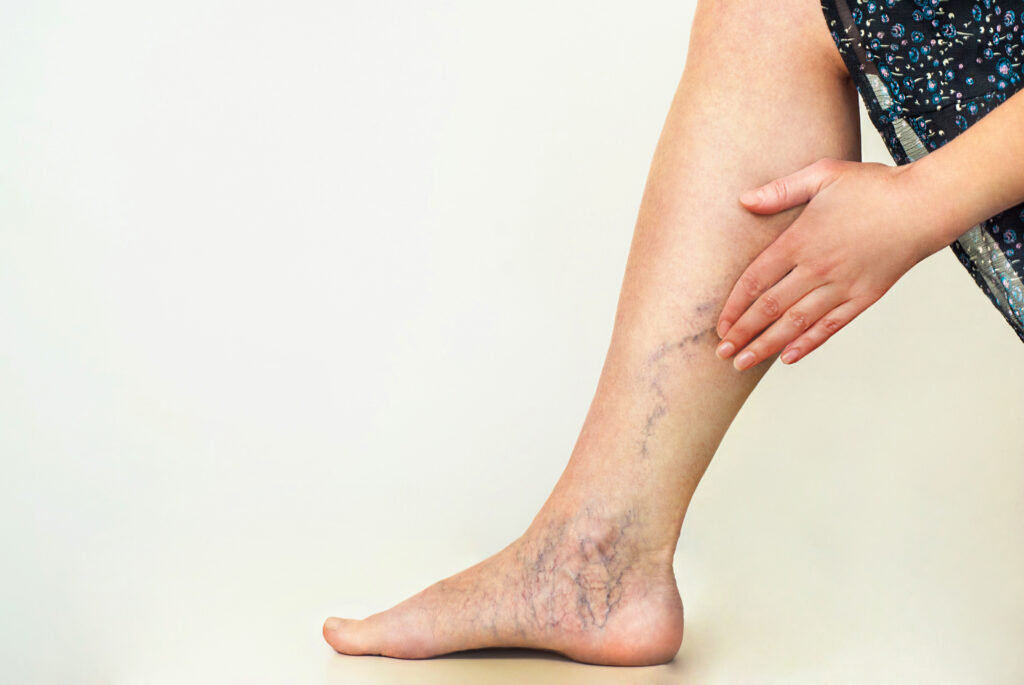From varicose veins to life-saving interventions, vascular surgery plays a crucial role in enhancing overall vascular health....
When it comes to your health, you deserve nothing but the best. Vascular surgery is a specialized medical field that addresses a wide range of conditions affecting the blood vessels in your body. At German Medical Center in Dubai, we take pride in offering world-class vascular surgery services, led by some of the most skilled vascular surgeons in the region. We'll explore the realm of vascular surgery, introduce you to our team of experts, and guide you through the journey towards better vascular health.
Vascular surgery is a crucial medical specialty that can significantly impact your overall well-being. At German Medical Center, our top-tier vascular surgeons are dedicated to ensuring the highest quality of care for all patients. Whether you require treatment for an aneurysm, varicose veins, or any other vascular condition, we are here to guide you towards a healthier, happier life.
At German Medical Center, we are proud to have experienced vascular surgeons who are dedicated to providing the highest quality of care to our patients. Our surgeons are not only well-qualified but also committed to staying up-to-date with the latest advancements in vascular surgery. When you choose us, you are choosing the expertise of the best vascular surgeons in Dubai.
Don't compromise on your health—choose German Medical Center for your vascular surgery needs. Contact us today and experience the difference that expertise, technology, and compassion can make in your healthcare journey.
Vascular surgery is a medical specialty that focuses on the diagnosis and treatment of conditions related to the blood vessels, which include arteries, veins, and lymphatic vessels. The primary goal of vascular surgery is to manage and improve the circulation of blood throughout the body, ensuring that vital organs and tissues receive the necessary nutrients and oxygen for optimal function. Vascular surgeons are highly trained and skilled in the surgical and non-surgical management of a wide range of vascular disorders and conditions.
Conditions that vascular surgeons may address include:
Vascular surgery can involve both open surgical procedures and minimally invasive techniques, depending on the specific condition and the patient’s needs. These surgeons work closely with other medical professionals, including interventional radiologists and cardiologists, to provide comprehensive care for vascular disorders.
You may need to see a vascular surgeon if you experience symptoms or are diagnosed with certain vascular conditions or risk factors. Vascular surgeons specialize in the diagnosis, treatment, and management of disorders affecting blood vessels. Here are some common situations in which you should consider consulting a vascular surgeon:
A vascular surgeon plays a vital role in the medical field by specializing in the diagnosis and treatment of conditions that affect the blood vessels, primarily the arteries and veins. Their role is critical in ensuring the proper functioning of the circulatory system, which is essential for overall health and well-being. Here are some of the key responsibilities and roles of a vascular surgeon:
In summary, the vital role of vascular surgeons encompasses diagnosing, treating, and managing vascular conditions, improving blood circulation, and preventing life-threatening complications. Their expertise is essential in providing specialized care to patients with a wide range of vascular disorders and ensuring their well-being.
Our team of experts are passionate about providing only the best quality care and treatment to their patients.

Vascular and General Surgeon
Deep Vein Thrombosis (DVT) is a serious medical condition characterized by the formation of blood clots in the deep veins, typically in the legs....
Cholecystitis is the inflammation of the gallbladder, often caused by gallstones blocking the bile ducts. This condition can lead to severe abdominal pain, nausea, and even life-threatening...
Varicose veins are a burden for a lot of people. Heavy and swollen legs deteriorating over the day time are a leading symptom....
The problem of a hernia is not only cosmetic. If neglected, it will be enlarged or get strangulated. It must be repaired as soon...



Our customers are at the heart of everything we do, and we are committed to providing them with one of the best possible care and service and that's why platforms like UpTopics publish us in top.

Based on 206 Google Reviews

Partner with:
Partner with:


German Medical Center is one of the leading medical institution in Dubai formed by a group of specialists who are passionate about providing the personalized care tailored to the patient's unique needs.
Fill out our easy online form to book an appointment with German Medical Center. Our team of experts is dedicated to providing you with personalized care and guidance every step of the way. Don't wait, take charge of your well-being and schedule your appointment now!